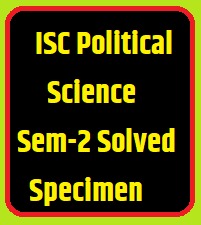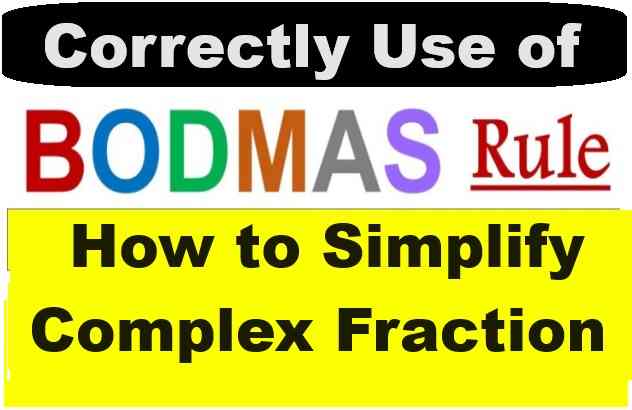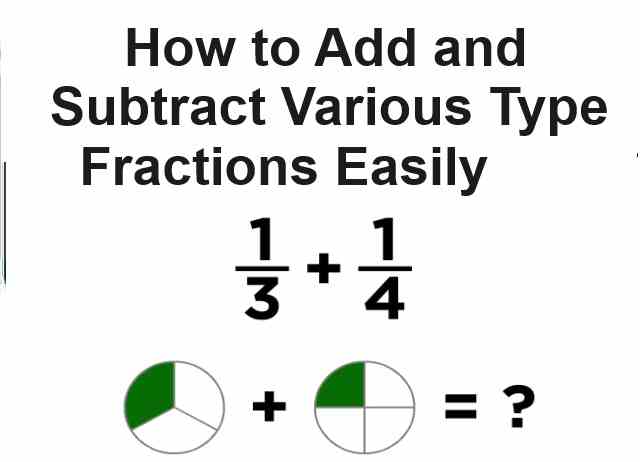ISC Political Science Semester-2 Solved Specimen / Model / Sample Paper 2022 Class-12 for practice. Step by step solutions of ISC Class-12 specimen model sample paper. During solutions of semester-2 Political Science specimen paper we explain with figure , graph, table whenever necessary so that student can achieve their goal in next upcoming exam of council .
ISC Political Science Semester-2 Solved Specimen / Model / Sample Paper 2022 Class-12
| Board | ISC |
| Class | 12th (XII) |
| Subject | Political Science |
| Topic | Semester-2 ISC Specimen Paper Solved |
| Syllabus | on bifurcated syllabus (after reduction) |
| session | 2021-22 |
| Question Type | Descriptive Type (as prescribe by council) |
| Total question | Total-12 with all parts (Sec A, B and C) |
| Max mark | 40 |
Warning :- before viewing solution view Question Paper
Solved Class-12 for practice Set of Political Science Semester-2 ISC Specimen Model Sample Paper
SECTION A – 8 MARKS
Question 1:
(i) ___________implies pro-active approach of the judiciary towards prevailing socio-economic and political apathy in the country.
(ii) The words Secular, Socialist and Integrity were added in the Preamble of the constitution of India by __42nd___amendment act 1976.
(iii) __33%_ of the total seats have been reserved for women in Panchayati Raj by the 73rd Amendment Act.
(iv) State whether the following statements are True or False:
(a) Writ of ‘Habeas Corpus’ is applicable even to those persons who are detained under preventive detention law like MISA, POTA, TADA etc.
(b) Fundamental rights are enjoyed by the citizens of India without any restrictions.
(c) Twelfth schedule in the constitution was added by the 73rd amendment Act 1992.
(v) Which of the following Directive Principles of State Policy has not been implemented?
(a) Free and compulsory education
(b) Uniform civil code
(c) Nationalisation
(d) Abolition of bonded labour
Answer : (b) Uniform civil code
(vi) Who is in-charge of the administration of Municipal Corporation?
(a) Mayor
(b) Deputy Mayor
(c) Chief Executive Officer
(d) Chief Minister
Answer : (a) Mayor
SECTION B – 12 MARKS
Answer the following questions briefly.
Question 2:
What is meant by the doctrine of implied powers? Which case under the doctrine of implied powers led to the origin of judicial review in USA?
Answer : Constitutional doctrine of Congress’ “implied powers.” It determined that Congress had not only the powers expressly conferred upon it by the Constitution but also all authority “appropriate” to carry out such powers
Question 3:
What does Single Citizenship mean as one of the features of the Indian Constitution?
Answer : The Constitution of India gives single citizenship to the people of the country. All the people irrespective of the states or territories in which they reside are the citizens of the country. This is unlike USA, where a citizen is a citizen of USA and the state in which he/she resides.
Question 4:
Briefly explain any two features of the Parliamentary form of government in India.
Answer : Cabinet is formed by the parliament and parliament is the superior organ. There are two executives i.e. the elected president or king and the Prime Minister. President represents state and Prime Minister represents government. Cabinet is responsible before the legislature.
Question 5:
(i) Which type of judiciary does Indian constitution establish? What does it signify?
Answer : The Indian judicial system is a single integrated system. The Constitution of India divides the Indian judiciary into superior judiciary (the Supreme Court and the High Courts) and the subordinate judiciary (the lower courts under the control of the High Courts).
OR
(ii) What is the Advisory function of the Supreme Court in India?
Answer : Under advisory role, the President can seek the opinion of the Supreme Court on any question of law or fact of public importance.
Question 6:
Why is Local Self Government necessary?
Answer : The local self-governmental institutions are the best centers for imparting democratic thoughts and education. People prefer democracy because they want to live in an environment of equality and liberty. In local self government, the members have close and intimate contact with the local people.
Question 7:
What is meant by Regionalism?
Answer : Regionalism is a political ideology which seeks to increase the political power, influence and/or self-determination of the people of one or more subnational regions.
SECTION C – 20 MARKS
Answer the following questions.
Question 8:
Briefly evaluate the relevance of the Indian Judiciary as an independent organ of the Government. With the help of any two measures, explain how its independence can be ensured?
Answer : update soon …………
Question 9:
Differentiate between the Provisions of Part III and Part IV of the Indian Constitution.
Answer :Part three of the constitution deals with fundamental rights while part IV relates to directives principles of state policy. The Fundamental Rights are defined as the basic human rights of all citizens. These rights, defined in Part III of the Constitution, apply irrespective of race, place of birth, religion, caste, creed or gender. They are enforceable by the courts, subject to specific restrictions.
Question 10:
Read the passage given below and answer the questions that follow.
Mohan is in tenth standard. His father got transferred and the family moved to Delhi from Guwahati, Assam. Mohan has been denied admission in any nearby school as his father could not afford fees. Also, to his dismay, schools were unexpectedly shut due to bad air quality index in Delhi region.
(i) Which Fundamental Right of Mohan has been violated in the given situation?
(ii) Why is this Fundamental Right important?
(iii) Which Fundamental Right empowers Mohan and the other students to fight for the violation of their Fundamental Rights? Briefly explain.
Answer : update soon …………
Question 11:
(i) Discuss the role of the Zila Parishad in the development of the rural sector of India.
Answer : The Zila Parishad is an official body that coordinates the activities of the Panchayats in all its developmental activities,such as minor irrigation works, vocational and industrial schools, village industries, sanitation and public health among others. … It also supervises the work of the Panchayats.
OR
(ii) Discuss any four features of the 74th Amendment Act.
Answer : The salient features of this Act are: Urban local bodies, to be known as Municipal Corporations, Municipal Councils and Nagar Panchayat depending on the population, shall be constituted through universal adult franchise in each notified urban area of the country.
Question 12:
What is Casteism? Briefly discuss its adverse role in Indian Politics.
Answer : Casteism is one of the rural social problems, which is very peculiar to the Indian society. Indian society is a country of various religions. Each religion is sub-divided into different castes and these castes again into sub-castes. The culture of each caste varies though they all belong to one religion. Among these castes, certain are given a high status and others a low status, depending upon their caste occupation.
Return to:- Specimen Paper Semester-2 ISC 2022 Class-12 Descriptive Type
thanks
Please share with your ICSE friends




